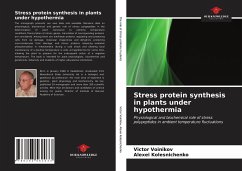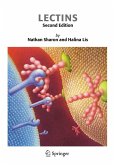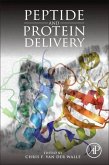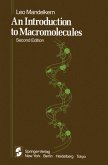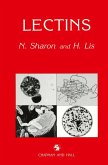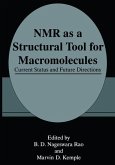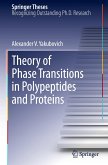The monograph presents our own data and available literature data on physiological, biochemical and genetic role of stress polypeptides in the determination of plant resistance to extreme temperature conditions.Transcription of stress genes, translation of corresponding proteins are considered. Among them are antifreeze proteins regulating and protecting cells from ice damage, molecular chaperones and dehydrins protecting macromolecules from damage, and stress proteins releasing oxidative phosphorylation in mitochondria during a cold shock and allowing local maintenance of a positive temperature in cells at hypothermia for some time, allowing the plant to prepare for the subsequent action of a negative temperature. The book is intended for plant physiologists, biochemists and geneticists, botanists and students of higher educational institutions.
Bitte wählen Sie Ihr Anliegen aus.
Rechnungen
Retourenschein anfordern
Bestellstatus
Storno

